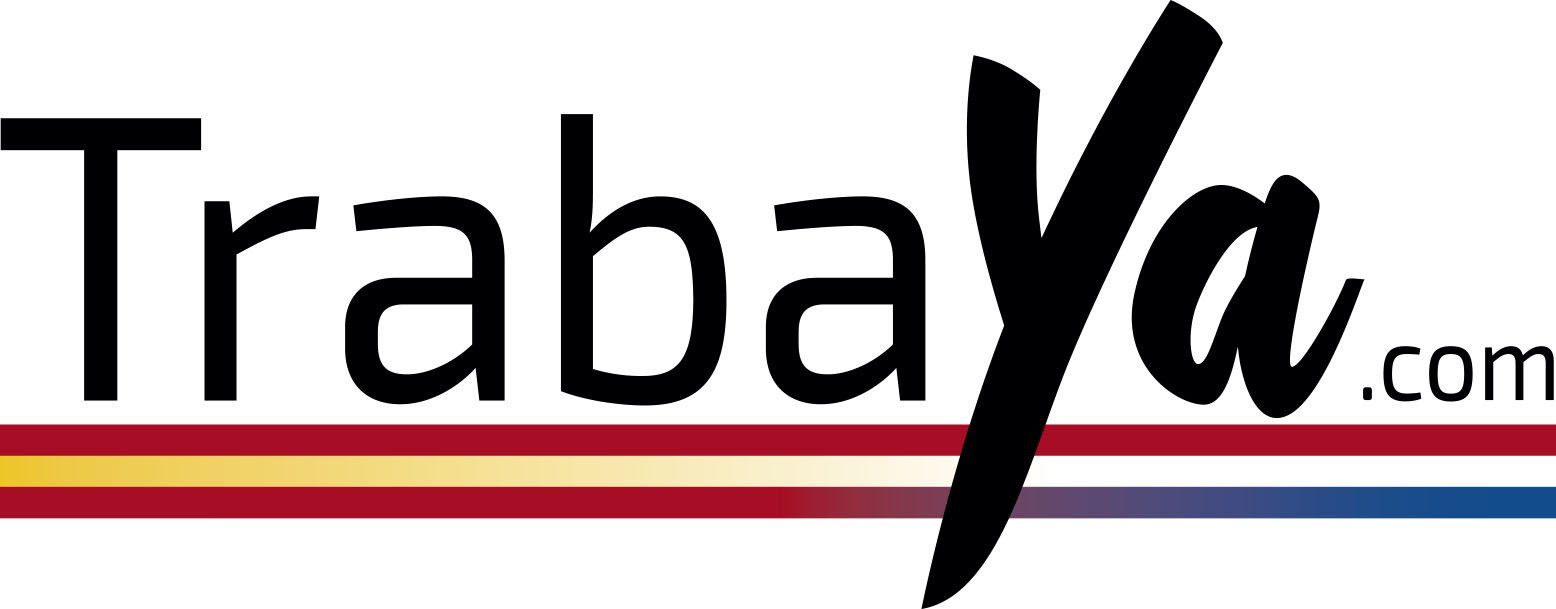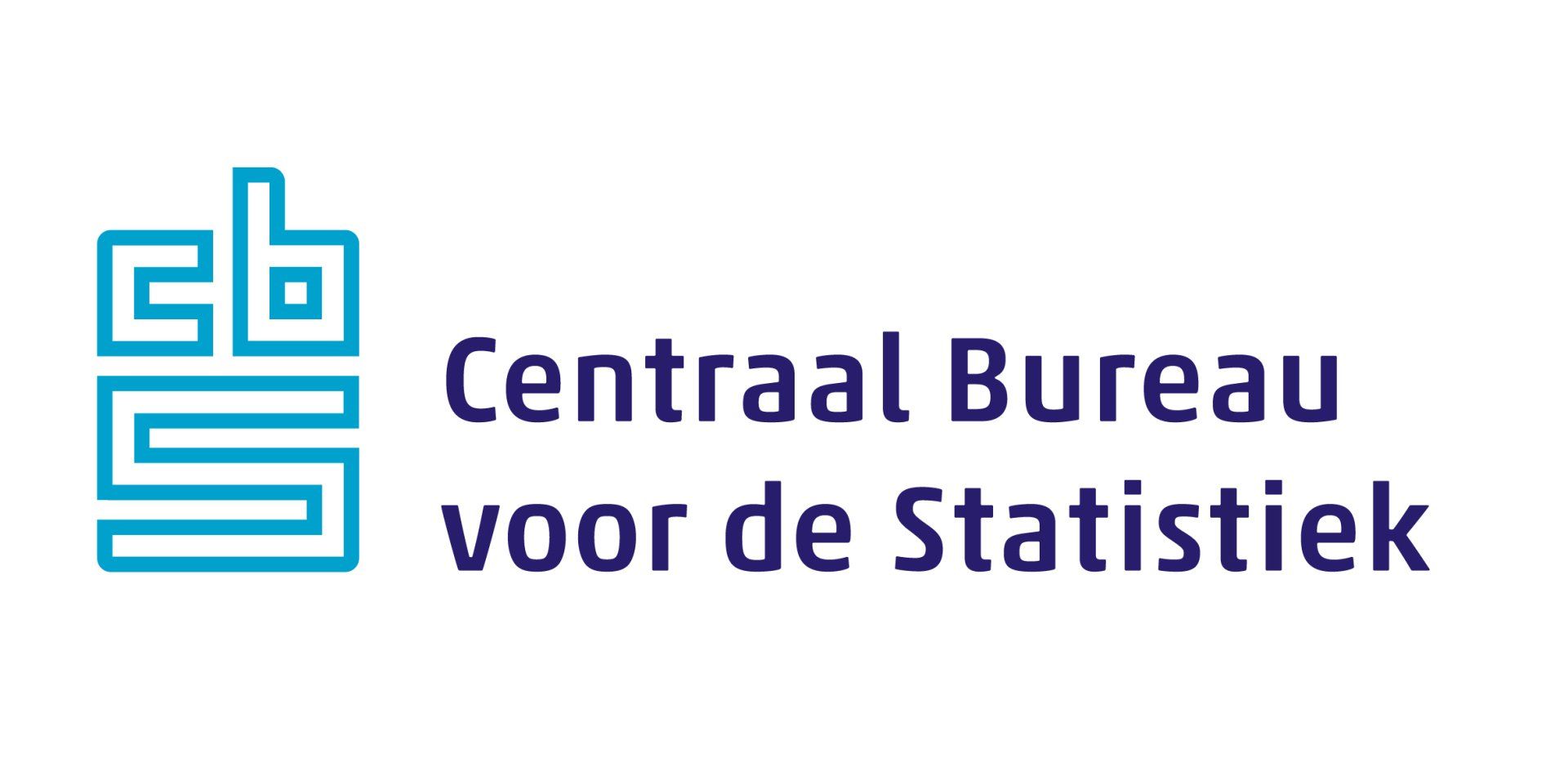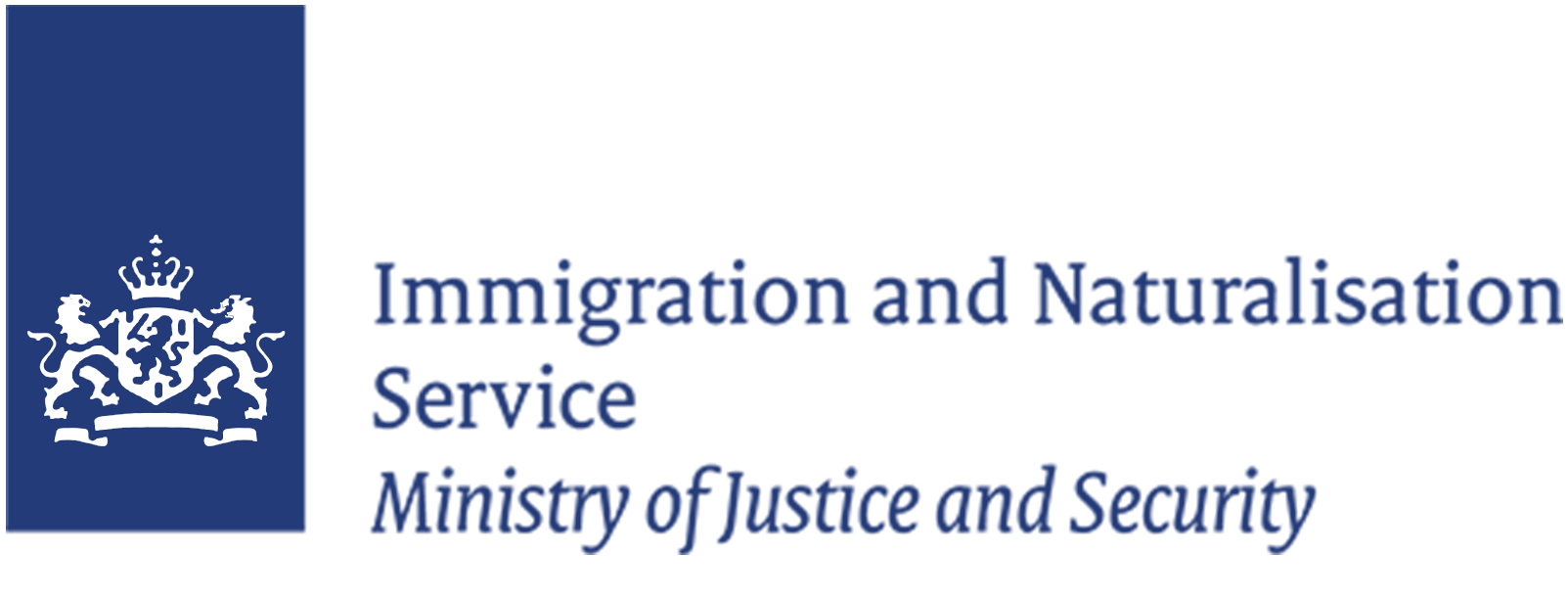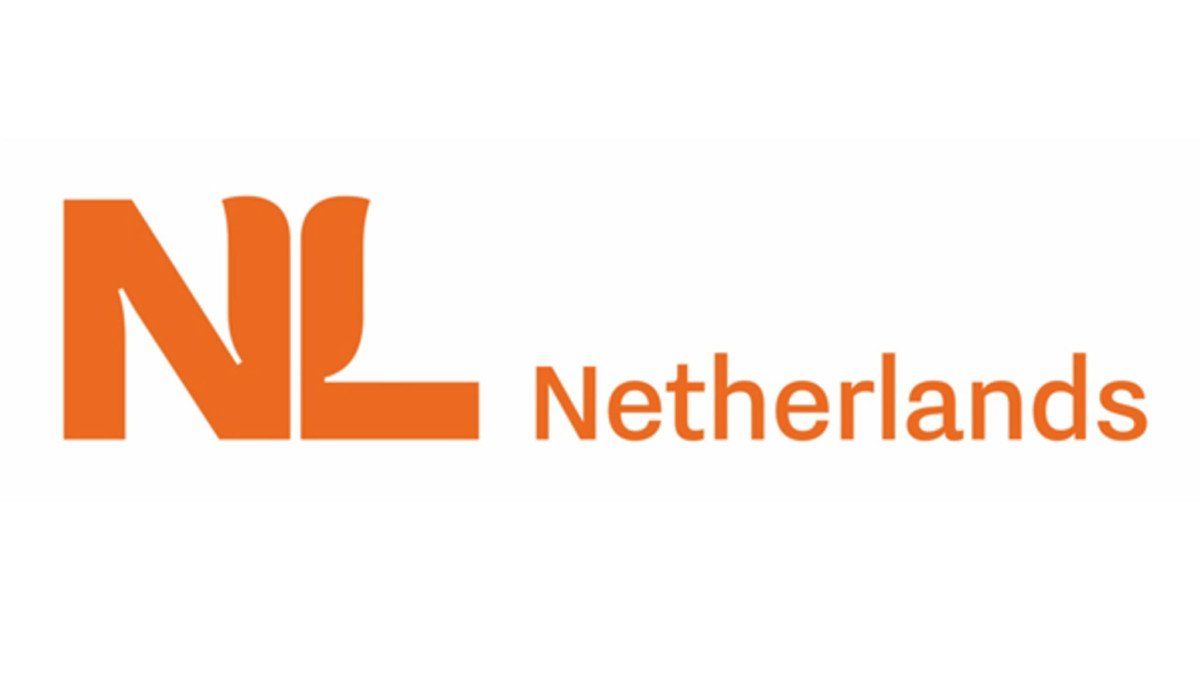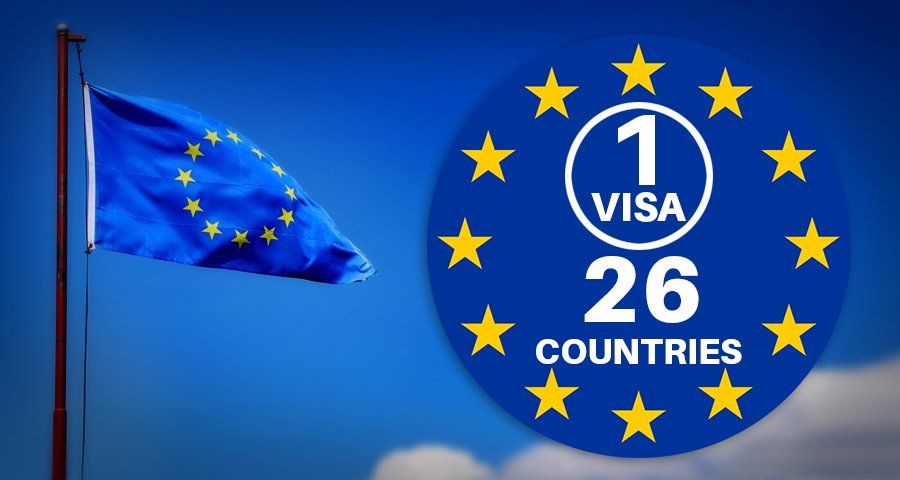Working in Ireland
Get work experience, learn more languages, earn more, meet new people. There are many reasons to start working in one of the greenest countries in Europe right now! Thousands of jobs are waiting for enthusiastic people like you.
¨Get work experience, learn more languages, earn more, meet new people.
There are many reasons to start working in one of the greenest countries in Europe right now! Thousands of jobs are waiting for enthusiastic people like you.¨
Types of Work Visas in Ireland
Like other countries within the European Union (EU), Ireland allows citizens of EU member nations to work without a special permit or visa. Citizens of countries within the European Economic Area (EEA) and Switzerland are also eligible to work in Ireland without a visa. Anyone else will require a work permit issued by the Department of Jobs, Enterprise and Innovation (DJEI).
There are several different types of permits for individuals from outside of Europe who are planning to stay in Ireland and legally work. Here are a few that may be relevant to your employees:
- Critical skills employment permit: This permit is available for employees who have a job offer or employment contract to work in Ireland in a role that pays a minimum of €64,000 per year, or a minimum of €32,000 per year if the job is a high-skill occupation in Ireland.
- Spouse/partner/dependent permit: This Irish working visa may be obtained by the spouse, dependent (under 18 years old), civil partner, or recognized partner of an individual with a Critical Skills Employment Permit.
- Reactivation permit: An employee may be eligible for a reactivation permit if they previously had a work visa in Ireland and left the program. There are a few other requirements as well, including an employment offer that isn’t a domestic setting job.
- Working holiday visa: This Irish work permit is available for individuals traveling to Ireland for up to one year who plan to work during their stay. To be eligible, they must be between the ages of 18 and 30 and be a citizen of a select nation: New Zealand, Australia, the United States, Chile, South Korea, Hong Kong, Taiwan, or Japan.
- Intra-company transfer permit: This visa applies to employees of multinational companies who are coming to a branch in Ireland. Eligibility depends on the employee’s salary and the length of their employment term.
Ireland plans to implement changes to the Atypical Working Scheme (AWS) to allow non-EEA nationals to work in Ireland for up to 90 days total spread out over a six-month period. This will allow foreign nationals to take on short-term contract work in Ireland that would normally be ineligible for an employment permit.
Requirements to Obtain Ireland Work Visas
Ireland has strict requirements for individuals outside of the EU and EEA countries. Work visas will only be granted for high-skill work or employment where there is a shortage of skills in Ireland. An employment contract or job offer is also required before your employees can apply for a work permit.
Application Process
Your employees should apply for a visa three months before traveling to Ireland. Before applying for a work visa, they must also apply and qualify to receive immigration permission to work in Ireland.
Employees will need to fill out and submit the visa application online. They must then submit their passport and other identifying documents for processing. Details about where to send these documents will be available during the application process.
Upon approval, your employees will need to present their passport, employment contract, and other supporting documents to be allowed entry into Ireland. Finally, they must register with immigration and apply for permission to stay in Ireland.
